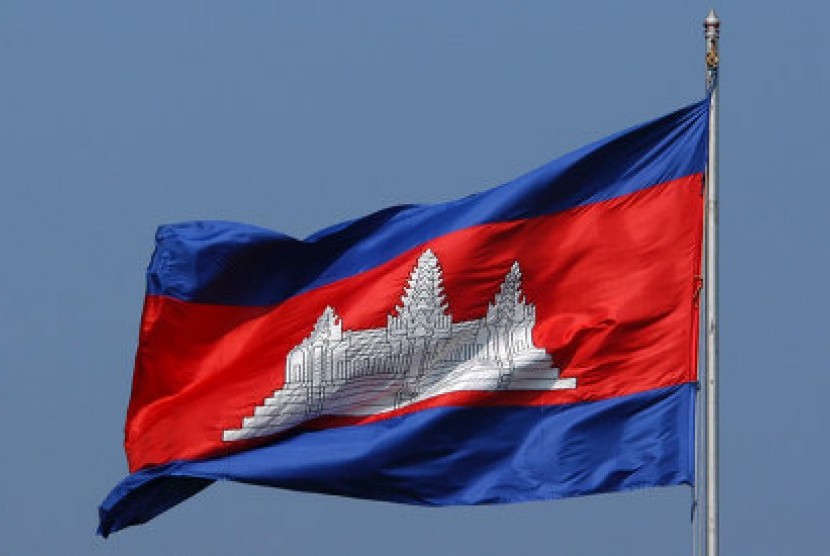REPUBLIKA.CO.ID, PHNOM PENH -- The Cambodia's National Assembly on Friday amended its internal rules to formally recognize a parliamentary minority leader "with a rank equal to the prime minister".
A total of 102 lawmakers present at the session unanimously approved the amendment.
Ruling Cambodian People's Party (CPP)'s lawmaker Pen Panha, chairman of the assembly's commission on legislation and justice, said the head of any opposition party, holding at least 25 percent of the parliamentary seats, will be formally recognized as a" minority leader" in the parliament.
"The minority leader will be the dialogue partner of the head of government on the issues of national interest," he said during the assembly session. "The minority leader has a rank equal to the prime minister."
Prime Minister Hun Sen did not appear at the session on Friday, but he said early this month that the minority leader will not have the same powers that he has as Cambodia's head of government.
"The minority leader cannot order the armed forces, administration, and other government affairs," he said during a university graduation ceremony, adding that the formal recognition of the minority leader is aimed at creating the culture of dialogue between the heads of the ruling and opposition parties.
Cambodian parliament comprises 123 lawmakers, including 68 from Prime Minister Hun Sen's ruling CPP and 55 from the opposition Cambodia National Rescue Party (CNRP) led by Sam Rainsy.
Sam Rainsy, who will become the minority leader, said the formula of formally recognizing a minority leader in Cambodia is similar to the U.S. system.
"This is a turning point in Cambodia's politics. Now, there is the formal recognition of the roles, duties, and rights of the opposition parties," he told reporters after the assembly session.
He said the recognition of the minority leader would create the culture of dialogue between the government party and the outside- the-government party. "This shows the spirit of national unification and is an important step towards the enhancing of democracy," he said.
The opposition CNRP ended its 10-month boycott of the parliament over last year's disputed election results in August after Prime Minister Hun Sen agreed to the CNRP's proposals for the reform of the National Election Committee and a power sharing in the parliament.
During the boycott, the opposition led many demonstrations and some of them had turned violence, leaving people dead and injured.


